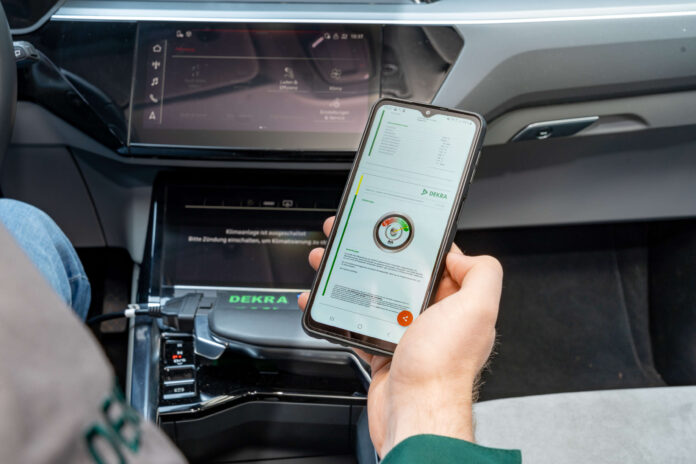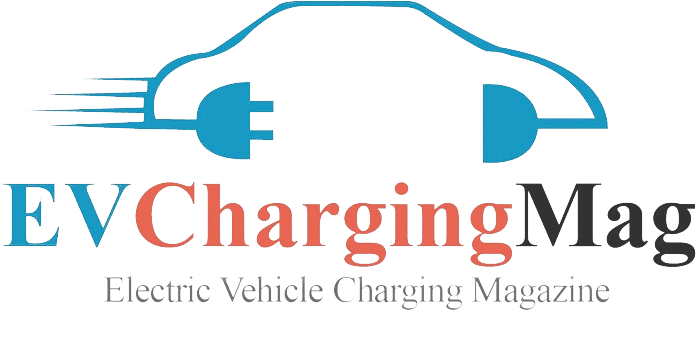EV batteries are proving to be more durable than many consumers fear, according to extensive testing by DEKRA, a leading vehicle inspection organization. Based on over 25,000 “State-of-Health” tests using their patented rapid battery testing method, DEKRA’s findings show that most EV batteries remain in excellent condition even after significant mileage.
Real-World Testing Shows Strong Battery Performance
A compelling example comes from Munich, where DEKRA tested six Jaguar I-PACE electric taxis originally deployed in 2018. These taxis, with mileage ranging from nearly 180,000 km to over 260,000 km, demonstrated a remarkable State of Health between 95 and 97 percent for their drive batteries.
Gregor Beiner, Managing Director of Munich taxi center, mtz, provided valuable real-world context: “We charged the vehicles on average about one and a half times a day, and not particularly gently, but always fully, to ensure drivers had sufficient range. The batteries are very durable, and with the safety buffers built in by manufacturers, they maintain their capacity for a very long time. This positive experience has led us to expand our EV fleet. Today, we have around 70 vehicles, with a good third being electric vehicles of various brands. We aim to electrify our entire fleet by 2029.“
Addressing Consumer Concerns in the Used EV Market
Hesitation remains among potential buyers in the used EV market. Christoph Nolte, Executive Vice President of DEKRA and Head of the Service Division Vehicles, addresses this: “Many people mistakenly apply their experiences with smartphone batteries to electromobility. They’ve seen noticeable capacity degradation in mobile devices after a few years and fear the same with EVs. Our rapid battery test results demonstrate significantly longer service lives. In most cases, even with high mileage, we still observe a ‘State of Health’ above 90 percent.“
Factors Affecting Battery Degradation
While the overall trend is positive, some variation exists. Factors such as driving style, climate, and charging habits can influence the rate of battery aging. As the most expensive component of an EV, the battery’s condition significantly impacts a used EV’s value. Reliable battery health information is therefore essential for a healthy used EV market.
DEKRA’s Rapid Battery Test: Precise Results in Minutes
DEKRA’s patented rapid battery test is currently available for approximately 130 different vehicle models across Europe. The test, which takes just 15 minutes, combines a static test with a short acceleration run of about 50 to 100 meters to provide a precise assessment of the battery’s health. This is based on detailed parameterization of each vehicle model, where the battery’s performance is meticulously measured under various conditions when new.
“This creates a kind of coordinate structure, based on which our system analyzes and evaluates the actual measured values during the test,” explains Christoph Nolte. “This provides a statement about battery condition that no other method on the market offers as quickly and precisely.“
Future Developments in Battery Testing
DEKRA experts are developing an enhanced test procedure that eliminates the need for a physical test drive. This new method will assess battery health by analyzing data during a brief charging process instead of acceleration. “We plan to gradually introduce this further developed testing procedure for various vehicle models next year, making the process even simpler,” says DEKRA expert Nolte.
Source: DEKRA

